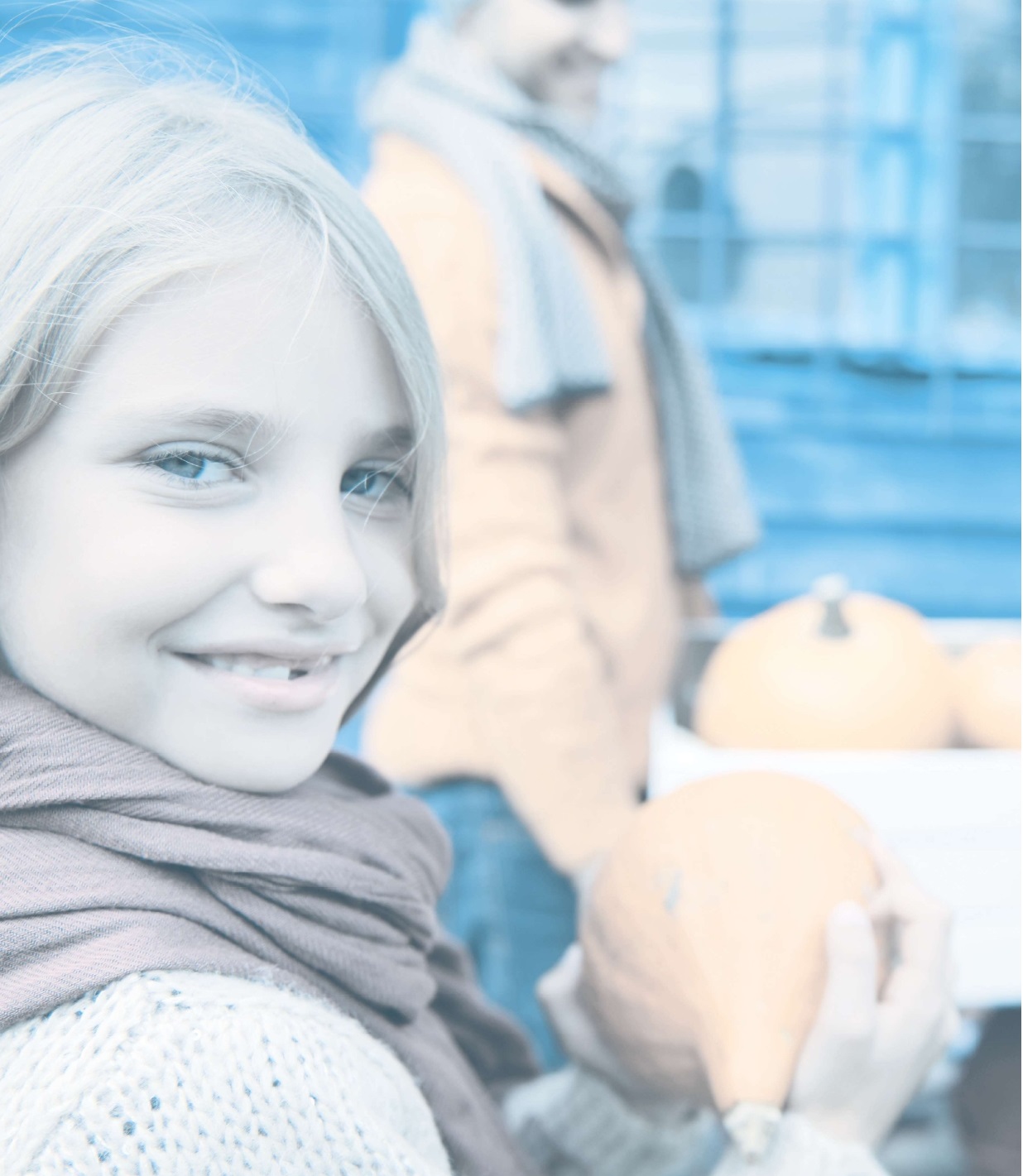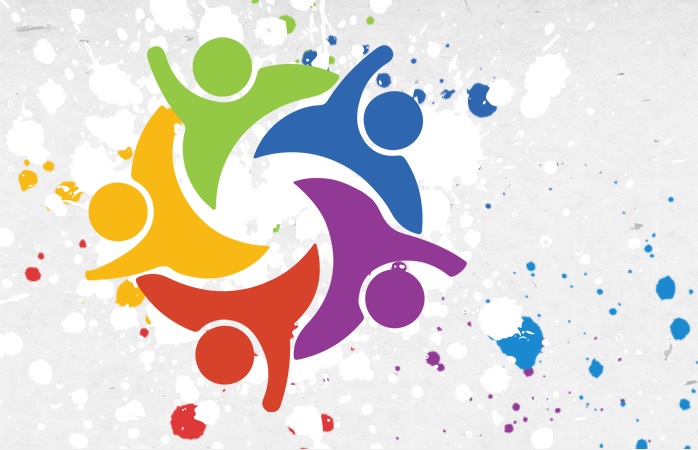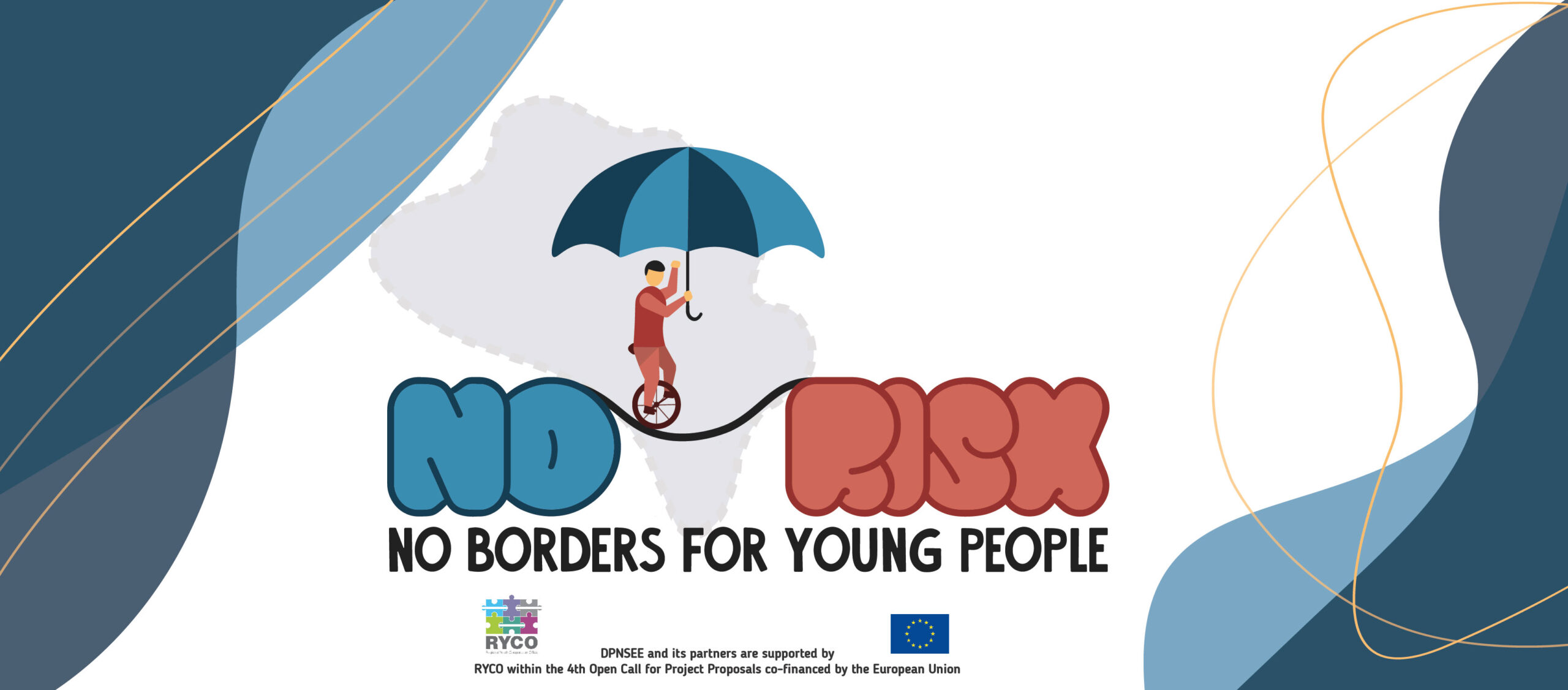Study The system of alternative sanctions and probation in Montenegro – legal framework and the transition process from imprisonment to re-integration into society is the project activity of our member organisation Juventas, as a partner of the project to strengthen probation and alternative sanctions in Montenegro and Serbia. The project was funded by the Ministry of Foreign Affairs of The Netherlands. The main goal is to contribute to improved security in communities, reducing the rates of returnee and more efficient application of alternative sanctions.
The first part of the study contains an overview of the institutional and legal framework of the probation system and alternative sanctions in Montenegro, with special reference to parole, conditional condemnation and conditional condemnation with protective surveillance. Also, special attention is paid to comparative analysis, with Serbia, Croatia and Switzerland systems.
The second part of the study deals with the transition from imprisonment to re-integration into society. The focus is at the regulation of this transition in the Montenegrin legislative framework, and then follows the description of that process from the point of view of the persons who have passed through that process. The study provides a kind of insight into the functioning of the criminal sanction execution system and underlines both good and quality sides, and those that need to be improved in the coming period.
The aim was to analyze this process, identify legal solutions, practical implications, positive things, but also shortcomings, and all the endeavor to create a kind of road map that all relevant actors in this area must follow to improve it.
The roadmap is a proposal for concrete steps to be taken to correct the identified deficiencies in the system and practical functioning, and to make the system of alternative sanctions, the probation system and transition through the criminal sanctions of the criminal sanctions better and post-penalty acceptance more efficient.
During the preparation of the study, cooperation was established with many institutions, without whom authors would not be able to obtain data. Juventas thanks the Ministry of Justice of Montenegro, the Department of Criminal Sanctions, the Directorate for Conditioning, and the Center for Social Work in Podgorica.
Thanks also go to the expert term from the Helsinki Committee of the Netherlands, which supported the entire work on the study and gave significant suggestions and advice.
Juventas are especially grateful to all prisoners and former prisoners whose sincere testimonies in the situation in practice was extremely important for making a study and enabled important data to make the road map.
The Study is available following this link>>>.




 The Guide is available
The Guide is available 





 If interested, the Open Call is available
If interested, the Open Call is available 





